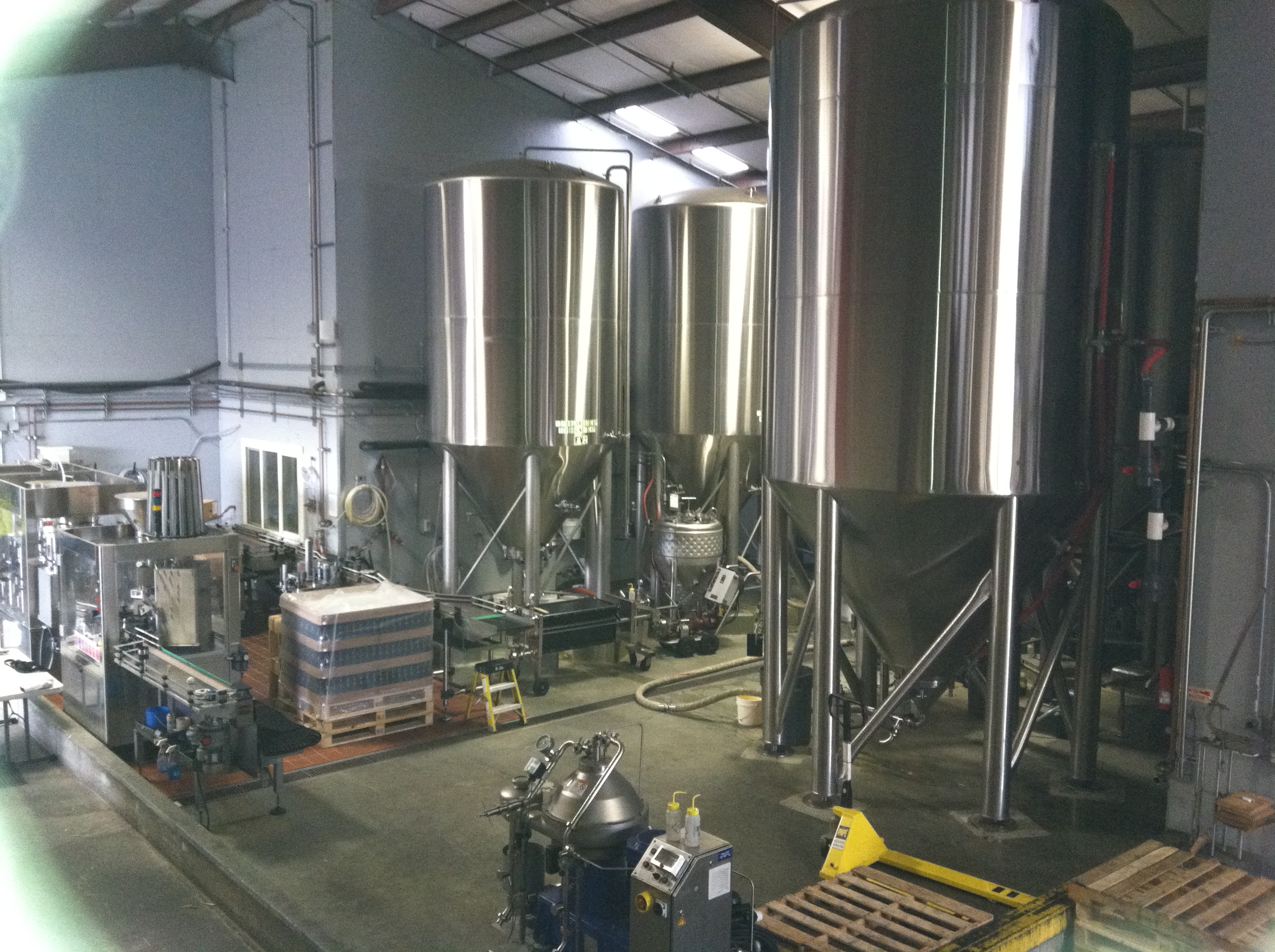
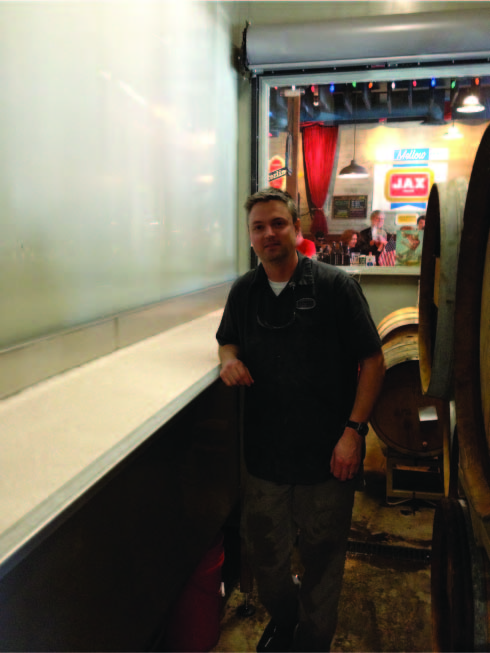
A few weeks ago a good friend mentioned his accidental stop in at Russian River Brewing Company while near Santa Rosa, Calif. visiting a friend. He explained how great this brewery was and how remarkable its story was. We decided that it was then on us to track down Vinnie Cilurzo, the Owner of Russian River Brewing, and speak with him about brewing and his purchase of the brewery from Korbel Champaign — that’s right, a brewery was opened by a vineyard.
Here is Cilurzo’s story:
BM: What was it like growing up in a winemaking family?
VC: It is all I knew so it is seemed normal to me. Winery work is hard, particularly during harvest when the grapes won’t wait. Working in a cellar most of my childhood certainly helped in the brewery, there is a lot of cross over from that standpoint between winery and brewery work. In brewing though it is like having harvest year round, where as in winemaking it is crammed into two or three months.
BM: Why did you start working for Korbel, and what was it like being the brew master for a vineyard?
VC: Working at Korbel was great, they were an amazing company to work for and they supported the brewery. Even when they decided to get out of the beer business, they gave Natalie and I the opportunity to carry the Russian River Brewing Company name on, it was very generous of Gary Heck, the owner of Korbel to help us out like that. Korbel could have easily shut the brewery down and done nothing with the name, instead by giving us the opportunity to carry on the brewery a part of Sonoma County is still being carried on. Normally the big guy doesn’t help the little guy but in this case Korbel helped us. We are eternally grateful to Gary Heck.
BM: What are “wet” hops, and why do you choose them particularly for your beer?
VC: We brew with wet hops once a year in a beer we call HopTime Harvest Ale. Wet hops refer to hops that were picked and taken directly to the brewery (un-kilned) and used in their raw, fresh format. The rest they are called wet is because they have not been kilned and thus the moisture content is still pretty high, if they are left to sit without drying them they will mold, so they have to be used wet or dried, baled, and stored cold for future use like most hops. You get a totally different character from wet hops as compared to dried hops, it is sort of like the difference between cooking with fresh basil or dried basil, it is good either way, you just get a different character.
BM: Does being located on a vineyard have any influence on the brewing process?
VC: For sure it does because we use wine barrels in some of our brews, so it makes it easy to get used wine barrels. We are very fortunate in that regard. Personally I like being near all the wineries because winemakers drink a lot of beer, there is an old saying, “it takes a lot of great beer to make great wine.” We actually make a beer each year for grape harvest under the name, “It Takes a lot of Great Beer to Make Great Wine,” for short it is called “Great Beer Great Wine.” Anyway, we will deliver some of this beer to some of our friends in the industry so they have some cold beer to drink during harvest.
BM: Describe your reaction when you were provided the opportunity to own Russian River.
VC: Well, I was of course and still am very grateful to Gary Heck and Korbel, when Natalie and I opened the brewpub in downtown having a brand that was already in existence helped a lot.
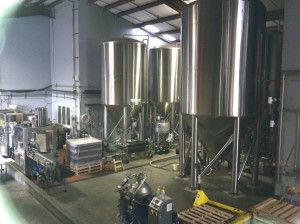
BM: Growing up in winemaking, why did you change over to beer?
VC: I got into brewing after I got out of high school and was going to college in San Diego. My roommates and I got into homebrewing, my hobby got out of control and I eventually opened a small brewery. Once I started homebrewing I got use to the idea and liked the idea of beer only taking a few months to make as compared to wine. Ironically we are now making these barrel-aged beers that take just as long to make. Eventually I sold my part in that brewery and Natalie and I moved to Sonoma County where I was lucky enough to connect with Korbel.
BM: What is the differentiating factor of Russian River over other craft beers?
VC: I’m not sure that I can say we do something that is better than our friends in the craft beer world. We have an amazing following of supporters, we’ve also got an amazing crew of brewers, drivers, office crew, brewpub staff, etc., who help Natalie and I make things go. But that is not different than other breweries. I think more than anything we continue to focus on quality and always try to make our beer better. Again, that isn’t different than many others but at least that is our philosophy.
BM: Why should people make a point of coming to your brewery? I’ve heard that in person it’s amazing.
VC: Our brewpub has become a destination. It is certainly a mix of locals and beer tourist, I think it is great that we have a diverse mix of customers. We always have 15+ beers on tap, of which at least 3 or 4 are hoppy beers, we also have several sour/barrel-aged beers on tap all the time. Our brewpub has a good feel to it now, it is lived in, and our crew there does a pretty good job considering how busy it is all the time.
BM: What are some of your future plans for Russian River?
VC: Natalie and I have always been for slow growth and we will continue to run the brewery that way. We are not opposed to growing, in fact, most years we do grow, we just do it at a much slower pace as compared to some of our friends in the industry. I think over the years since we first opened we averaged less than 10% growth each year, and some years it has only been a few percent. For now we are at capacity at both our breweries, for now we are just paying down some debt and continuing to work on quality.
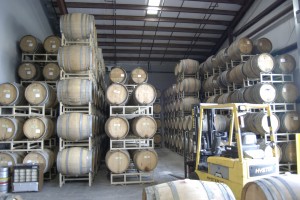
BM: What do you believe is the #1 craft beer developed by Russian River? Why?
VC: That is a tricky question, although our most popular beer is “Pliny the Elder,” we have so many other beers that are important to our lineup of beers. This includes the Belgian inspired beers we brew and the sour/barrel-aged beers. Obviously “Pliny the Younger” creates a lot of buzz each year, and I don’t think one can over look the several lower ABV beers that we only have at our brewpub.
BM: Last question, how do you enjoy your free time, and what are some of your favorite hobbies outside of operating Russian River?
VC: If we are home, Natalie and I will usually still stop through the brewpub to check in, I guess it is in our DNA. I enjoy cooking, gardening, travel and of course just spending time with Natalie away from the brewery.



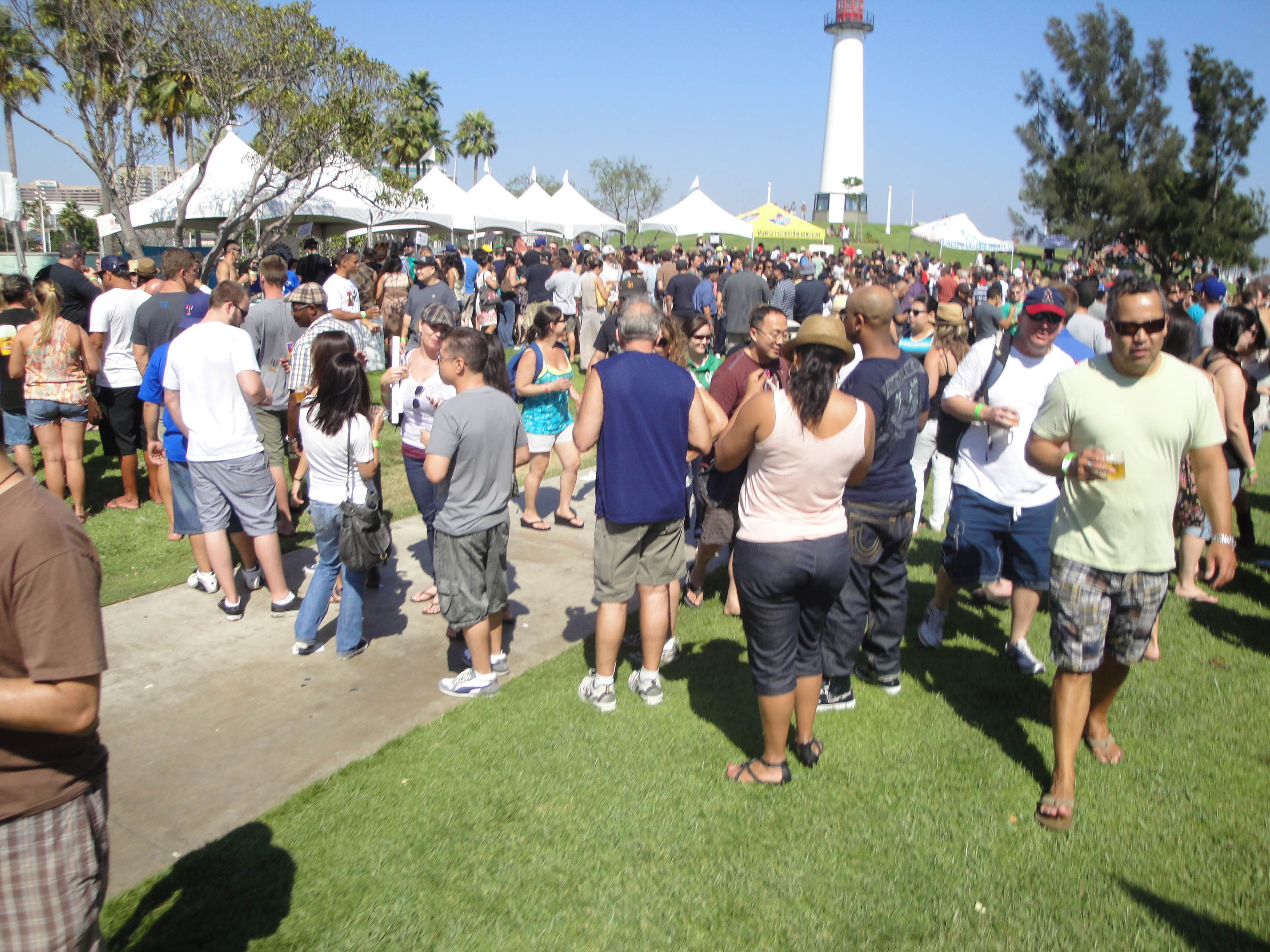

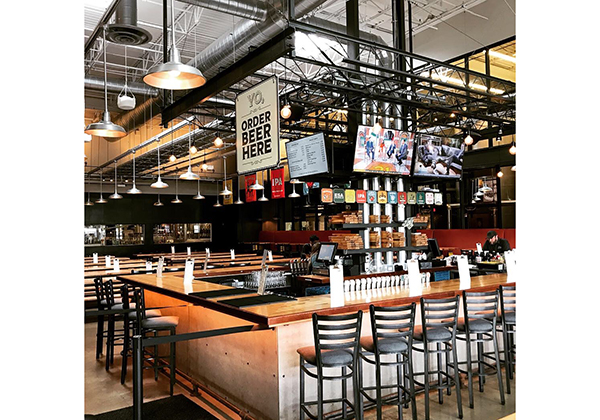
Be the first to comment